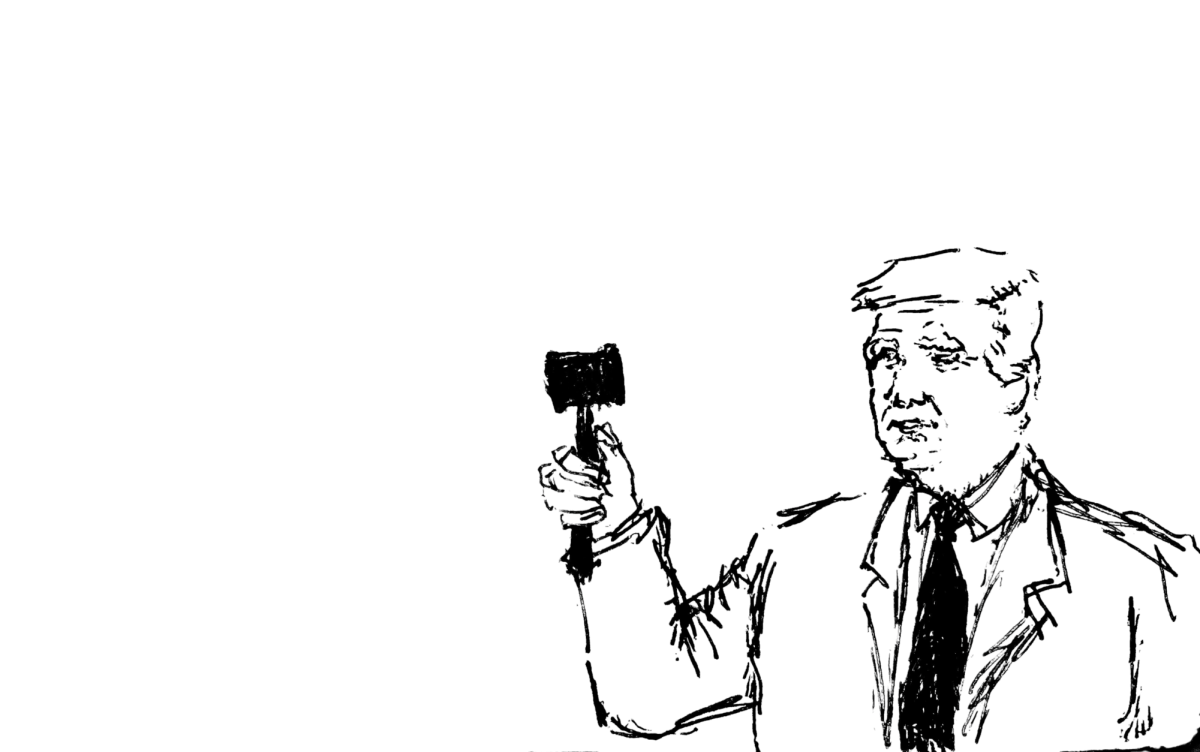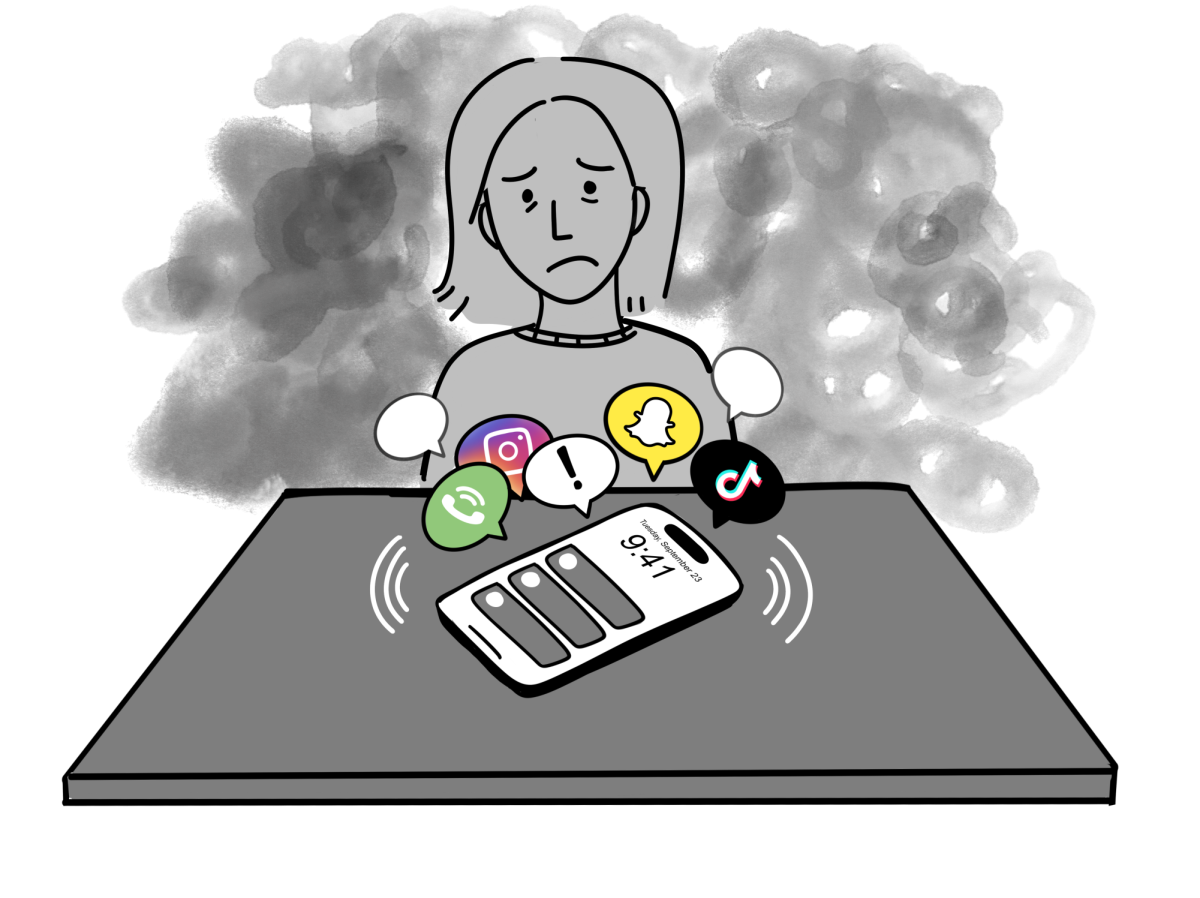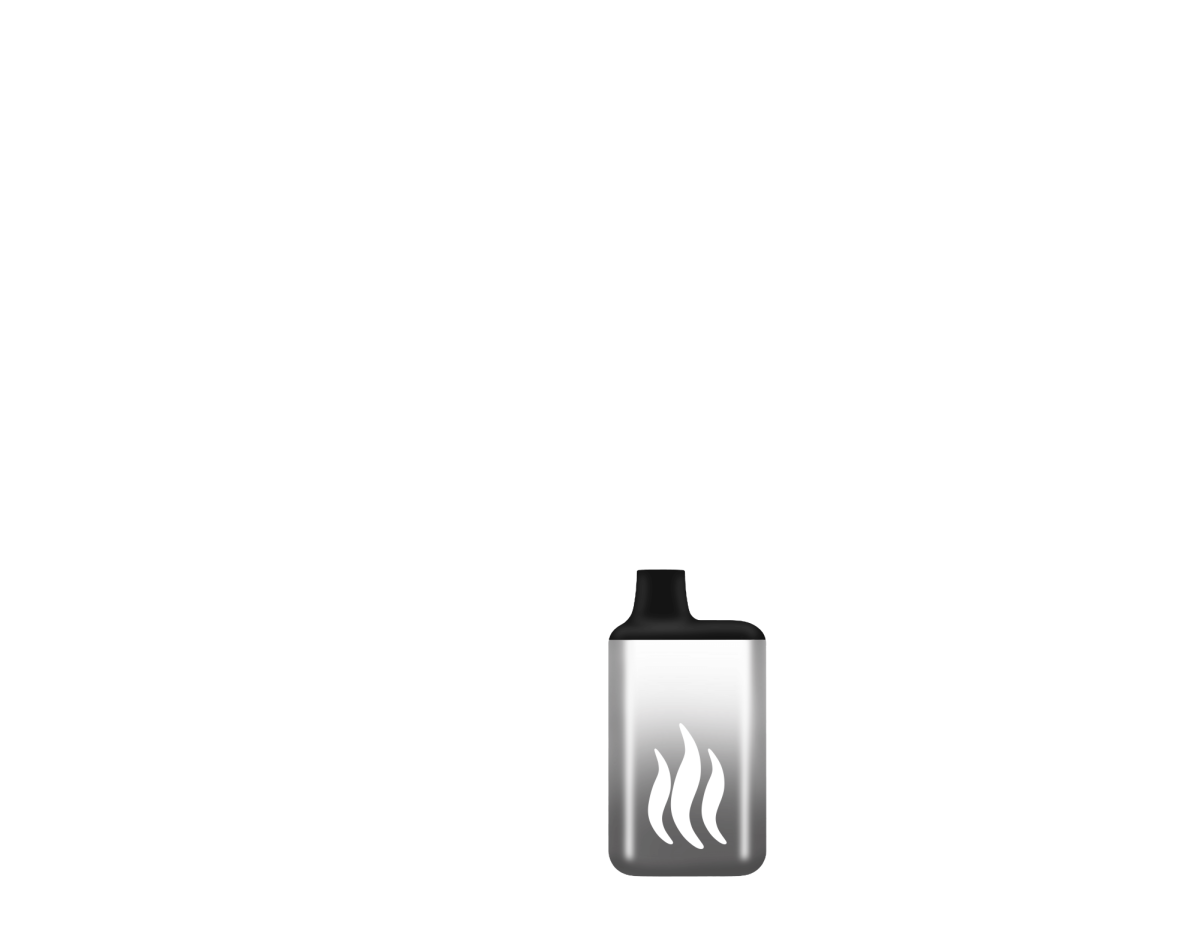
Facing extremism and political division of late, many individuals have assumed a purge of all beliefs and practices they consider “divisive.” The fear of rejection, whether it be from angry conservatives or angry progressives, has pushed many voters to reject the concept of partisanship and have instead settled on trusting their “intuition,” putting their vote up for any candidate who appeals to their belief set. In short, they register as independent voters.
Over 14.5% of PA voters are registered as independent, amassing 1.3 million individuals state wide (www.paindependents.org). Independent voters–widely different but not without overlap of third party voters–are individuals not affiliated with any party with widely differing beliefs. Many independent voter organizations tout their growth in popularity. Political mobility organization Independent Pennsylvanians, state, “More Americans are registering outside the two major parties because they want to get away from the extreme partisanship and political corruption that dominates the political process.” They go on to state they are independents because they “have to do something about partisanship and the domination of the political process by the special interests.” This view seems to be emulated by the numerous independently registered voters I’ve spoken with as well. This take on American politics and the solution to them is, however, is fundamentally flawed at its most basic and fundamental claim.
The primary assumption made by these assertions is, first, that by registering as an independent voter, individuals no longer “have to” let their morals be defined by party lines and, second, by doing so, they are helping to amend the polarizing views, whether too extreme or too moderate, of the office holders.
First and foremost, it is important to understand that Pennsylvania is one of the nine states that have a closed primary system meaning the ability to vote in the primary election is based on one’s registrations status. Independently registered voters in Pennsylvania therefore forfeit the ability to vote in the election that determines the candidate up for election for either party. To
address the first point, many independent voters prescribe to, by registering as a Republican or Democrat it is not stating that all of your morals are aligned with an individual party nor that every action taken by a party is what you might have done. It is simply asserting that you have an opinion you believe is worth pursuing about the candidate up for election in either party. The second point mentioned, that independent registration addresses polarization or any other contested view held by a party, is also incorrect by the same token. Your vote casted in a primary election will shape the candidate and face of a given party for that seat. Think the Republicans are too extremist? Vote a more moderate candidate into the election. Think the Democrats are weak moderates? Vote for a more progressive candidate.
Throughout the past six years, individuals seem to ask themselves again and again, why the heck was Trump chosen to represent the Republican party back in 2016? Why was Biden in 2020? The answer seems simple–that 14.5% who voluntarily opted out of primary elections in PA. It is not to say that a mountain of issues don’t exist within our system today. Voter suppression, gerrymandering, and election denying all have irrefutable harms. But the solution is not to surrender our vote to choose candidates we think will address those issues. It is not to say both parties don’t have a long way to go and that polarization in the US is extremely damaging–especially along party lines. But individuals must start to take autonomy over their own democracy. Rather than throwing their hands up and stating the parties better work to get their somehow more coveted independent vote, we must fight in whatever way we can to mold a party better to our liking. However, much we try to opt ourselves out of the political divides by claiming no party represents us, someone will vote in that primary election. Someone will vote for an extremist Democrat and Republican and you will be left with the repercussions.





